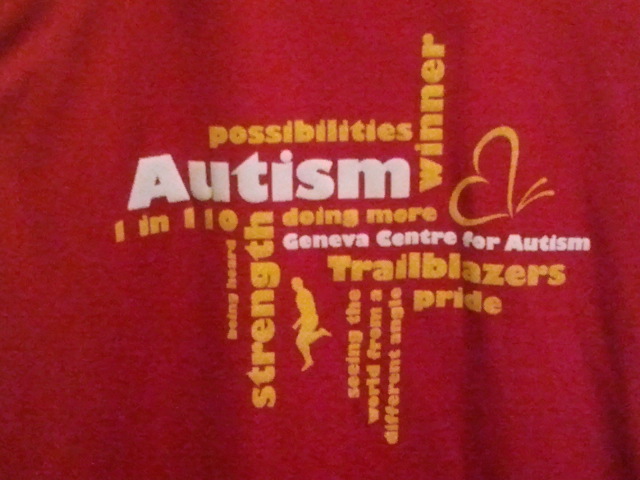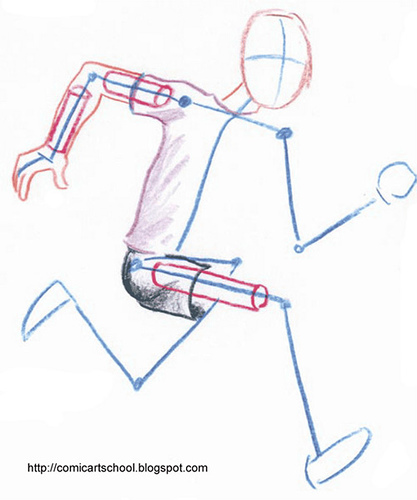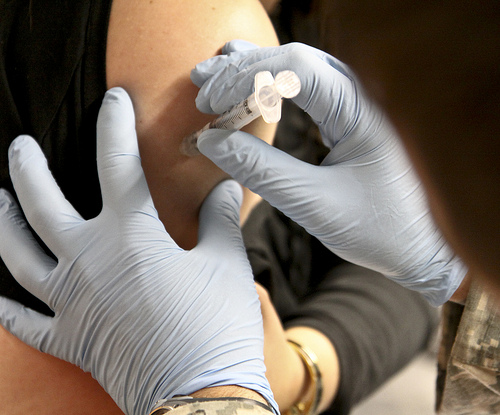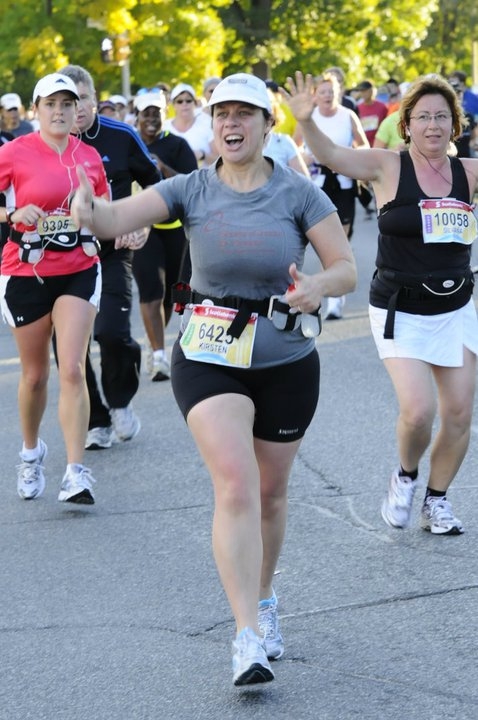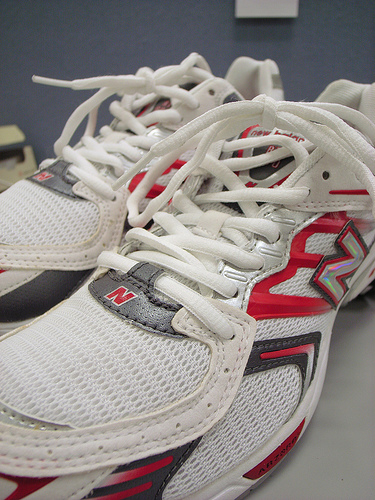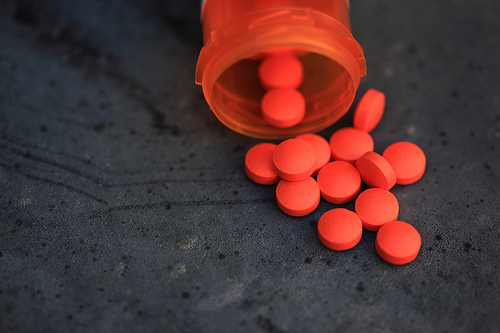I am participating in the Health Activist Writers Month Challenge, in which I publish a post every day for the month of April, based on health-related prompts.
April 4 – I write about my health because…: Reflect on why you write about your health for 15-20 minutes without stopping.
When I was young, I had a somewhat cavalier attitude towards my health. This was partly due to the invincibility and stupidity of youth, and partly because there were some things happening in my life that relegated my health to the backseat. I really had better things to think about than whether I was eating enough spinach.
Of course, my lifestyle through my early twenties didn’t really lend itself to healthy thinking anyway. I was fond of pasta, Coca Cola and beer. I was not fond of vegetables, exercise or moderation. Water was for swimming or showering in, not for drinking. My daily life was punctuated with cigarettes. I didn’t really care whether I had enough money for groceries as long as I had a six-pack in the fridge and some cigarettes in my purse.
One morning I woke up and realized that I was tired of being a smoker. And just like that, I decided to quit. I reasoned that while I was quitting, I may as well fix up the other troublesome aspects of my lifestyle. And so I gave up the soft drinks, reduced the alcohol consumption and took up running.
In the years since then, more things have happened that have forced me to take a close look at the health of myself and my family. I have learned better ways of running, I have battled some mental health issues, I have lost family members to cancer and I have become an autism mom.
The subject of health is not something I can ignore or take casually. So much depends on it, and it has far-reaching effects on my children. I am mindful of the fact that for the next few years, I am making decisions about food and activity on their behalf. And for their sake, I have to get it right.
Through my journey, I have learned a lot and discovered that there’s so much I still don’t know. Through my writing, I can share what I have discovered and reach out to people who very often have answers that I need. I have come across people who know exactly what I’m going through, making me feel less alone. In sharing a piece of my life, I have found a voice that I might not otherwise have.
I write because I love to, and because – hopefully – I tell stories that people can either relate to or be informed or entertained by. And as long as I think my voice is touching at least one other person, I will continue to write.
(Photo credit: Kirsten Doyle)





